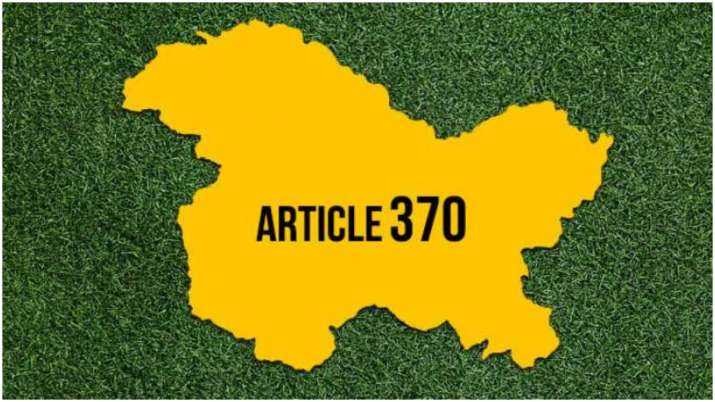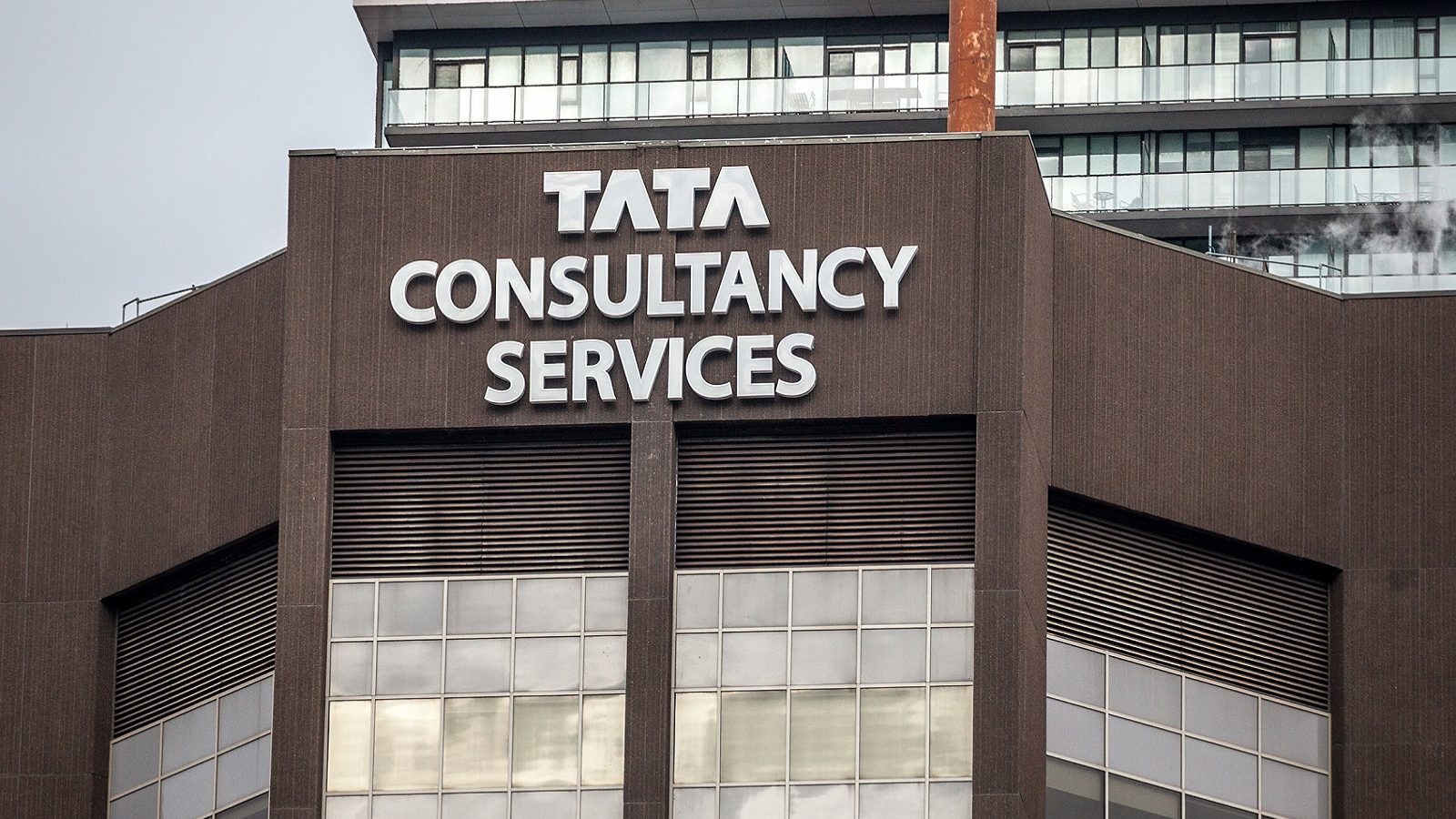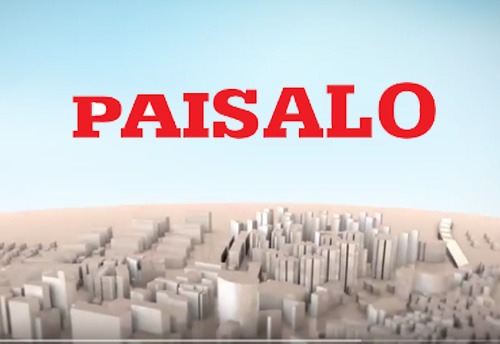
Follow WOWNEWS 24x7 on:

August 5, 2025 marks six years since the revocation of Article 370, which transformed Jammu and Kashmir’s status and set in motion a series of dramatic changes. The union territory stands at a complex crossroads—celebrating milestones in governance, infrastructure, and investment, while grappling with persistent social, political, and economic challenges.
Political Landscape and Governance
Restoration of democracy is visible in the revival of mainstream political processes. Panchayat elections saw turnout surge to 70 percent, while the recent state Assembly elections attracted 64 percent participation—remarkable for both youth and women.
Nonetheless, power has shifted to the Lieutenant Governor, with reduced authority for local elected representatives. Most political parties, including the National Conference and PDP, continue to press for full statehood, greater local autonomy, and protections related to land and job security.
Calls for open dialogue and restoration of statehood are gaining momentum, supported by multiple civil society reports and Supreme Court recommendations.
Security and Peace
The territory has seen a decline in terror incidents since 2019, aided by heightened security, intelligence improvements, and better coordination between local and central forces.
However, the recent Pahalgam terror attack has jarred the narrative of returning normalcy, exposing ongoing vulnerabilities. Shifts in militant tactics, the use of technology, and sporadic violence continue to test the security apparatus.
Civil society groups and former officials warn that underlying anger and alienation must be addressed for lasting peace, as growing resentment surfaces over detentions, restricted freedoms, and surveillance.
Economic and Infrastructural Growth
Investments totaling over Rs 80,000 crore have flowed into Jammu and Kashmir since 2019, backing roads, tunnels, schools, hospitals, and bridges.
The region’s Gross State Domestic Product for 2024-25 is set to grow by over 7 percent, with per capita income rising by nearly 10.6 percent to Rs 1.54 lakh. Major sectors contributing to this growth include agriculture, horticulture, tourism, and small industries.
In tourism, a sector once plagued by violence, arrivals jumped from 7 lakh in 2021 to nearly 35 lakh in 2024. Srinagar was recognized by UNESCO as a World Craft City, and global events like the G20 Tourism Working Group meeting signaled renewed confidence.
Socio-Economic Inclusivity
Infrastructure upgrades have improved connectivity, bridging urban-rural divides. Tax revenue, employment, and financial inclusion are trending upward.
Unemployment fell from 6.7 percent in 2019-20 to 6.1 percent in 2023-24, and the government continues special drives for skill development, industrial clusters, and support for handicrafts and horticulture.
Education and healthcare are benefiting from public investment, while agriculture is shifting toward high-value and organic crops.
Persistent Gaps and Challenges
Despite cumulative gains, Jammu & Kashmir’s economy lags behind national averages. Growth in per capita income and Gross State Product has slowed in real terms post-2019, with the region’s contribution to India’s GDP dropping.
Sectors like hospitality, retail, and services have felt the impact of both the 2019 reorganization and pandemic disruptions, with income growth by hotels and restaurants sharply down.
Administrative bottlenecks, delayed projects, and concerns about demographic, cultural, and land rights periodically spark unrest.
Human Rights and Public Sentiment
Rights collectives point to restrictions on freedom of expression, occasional curfews, and detentions as sources of public unease. Demands for cultural safeguards, land rights, and affirmative action remain central to local discourse.
There are calls for a more balanced approach to security and development, greater transparency, and participatory governance.
Looking Forward
Jammu and Kashmir’s post-Article 370 journey is a tapestry of progress and persistent friction. Continued investments, democratic participation, and global engagement offer hope, but the true test lies in addressing the aspirations of its people, ensuring equitable development, and restoring trust between citizens and the state.
Source: Indian Express, Mathrubhumi, IANS, Economic Survey J&K, Hindustan Times




